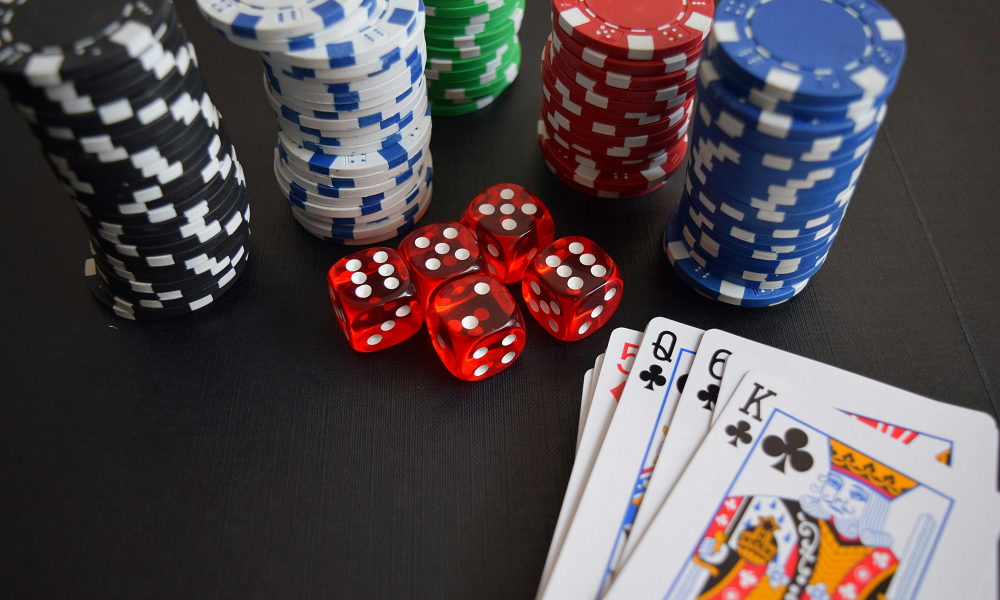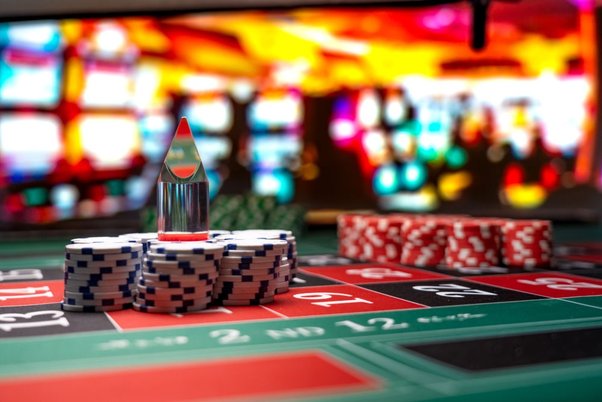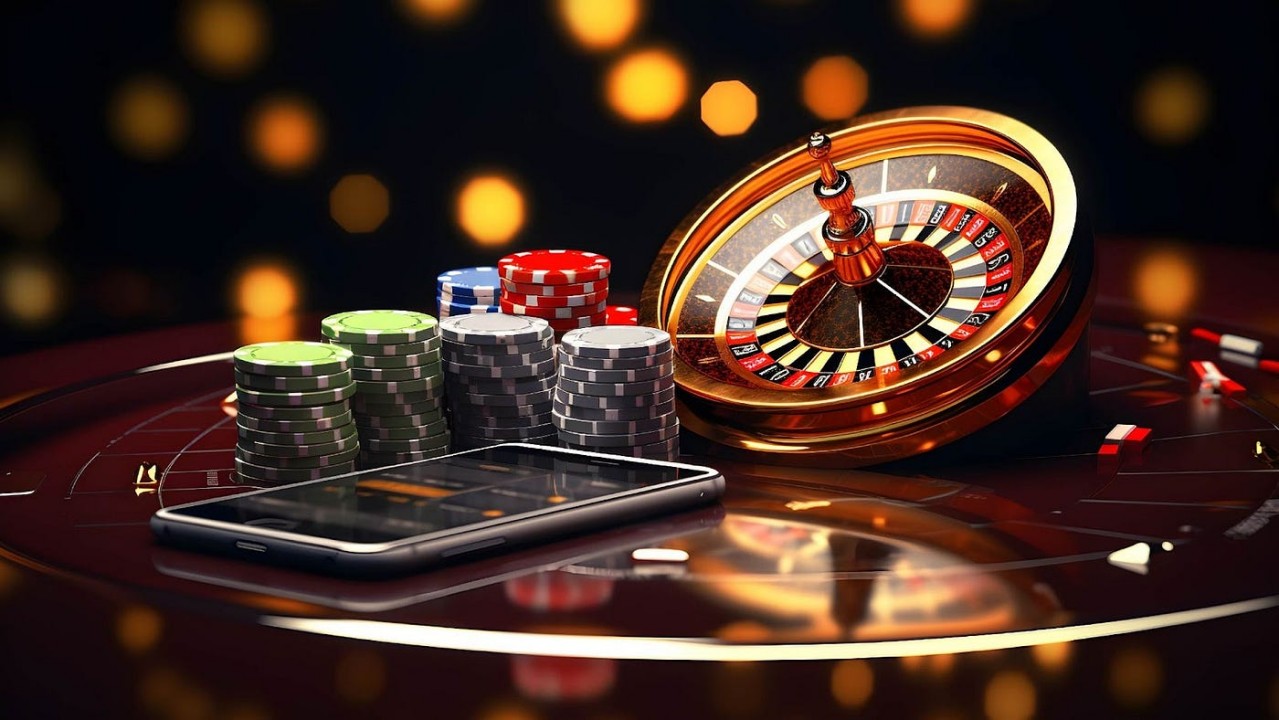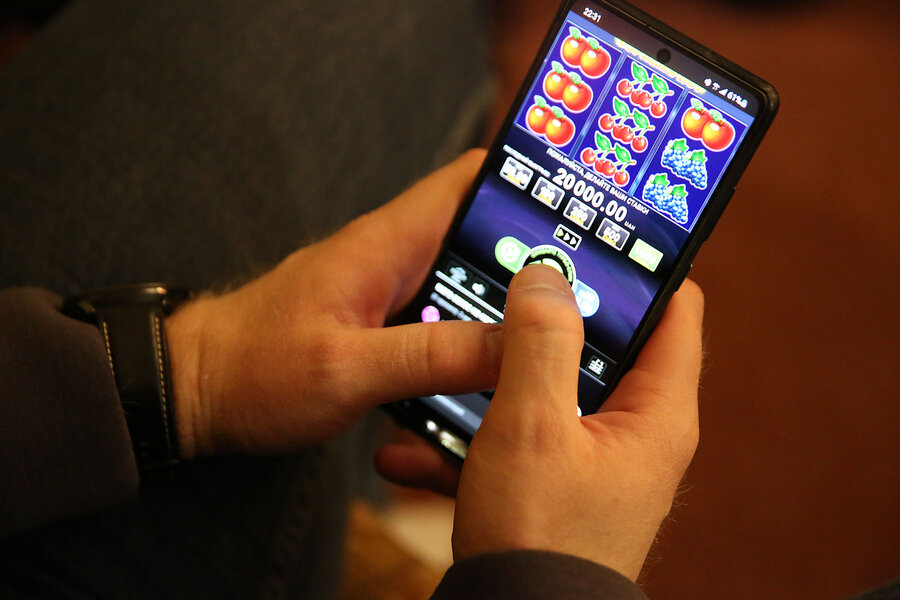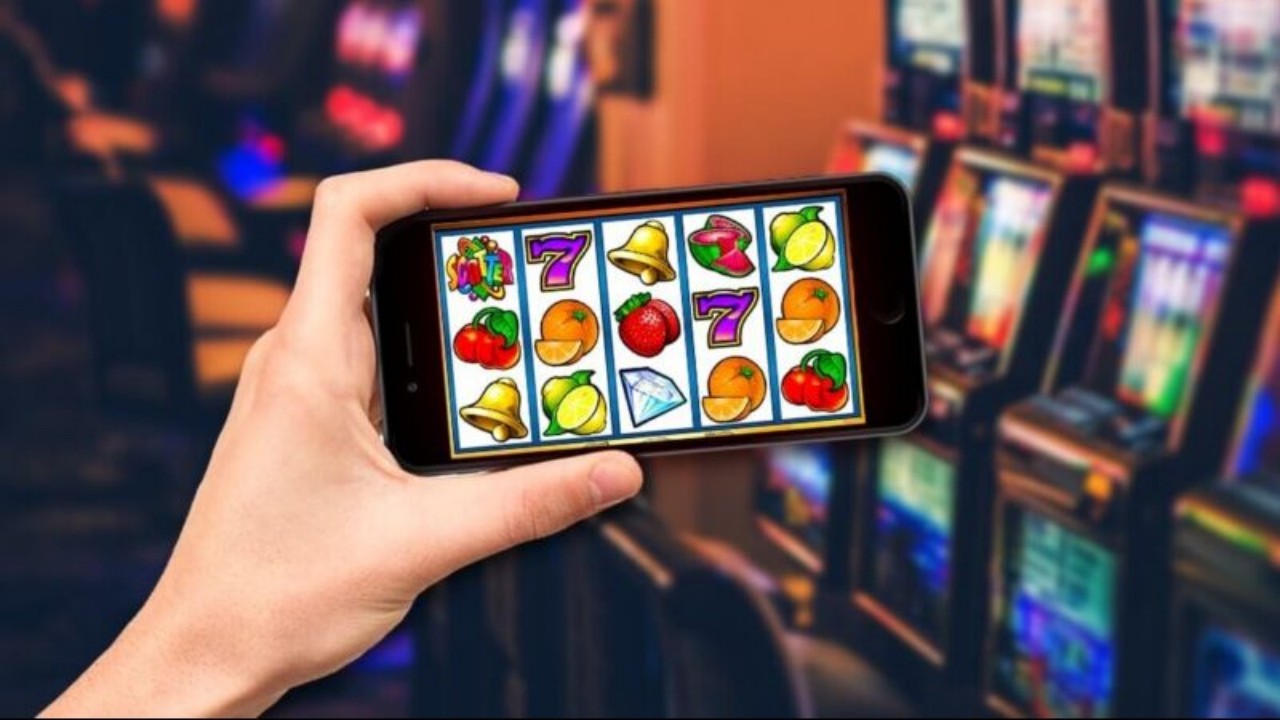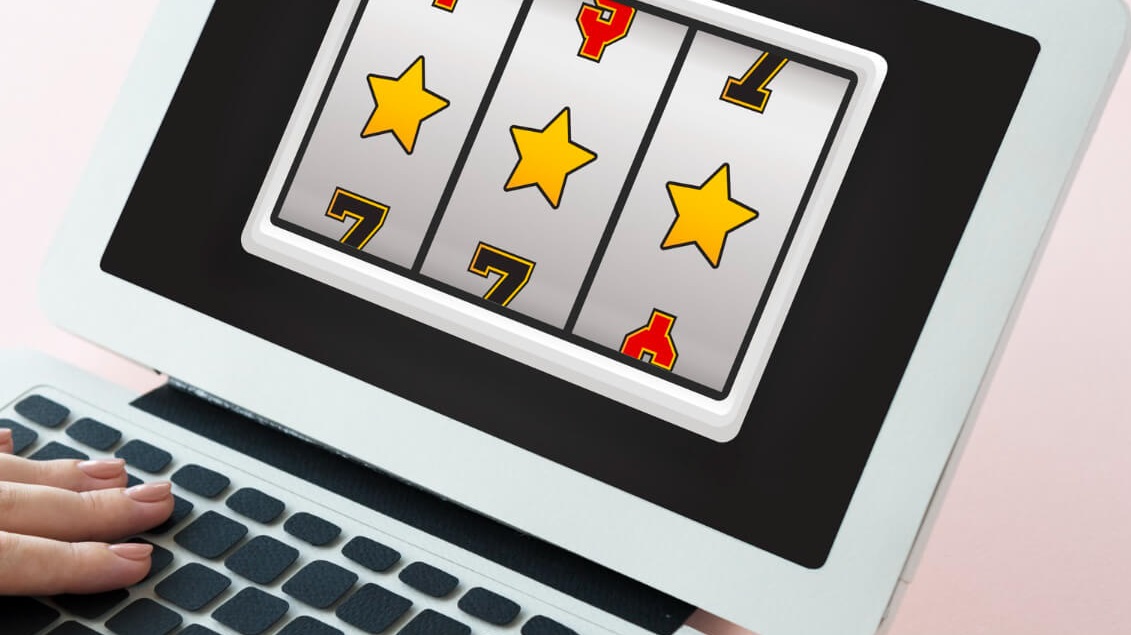
There are a variety of motivations for betting, including seeking a thrill, making new friends, and relieving stress. However, gambling may easily become an addiction for certain individuals. You may have a gambling issue if you are spending more time Winbox gambling than you would want to spend if you are borrowing money to gamble, or if gaming causes you tension or anxiety. There is assistance for those who want to refrain from gaming. You have options, including professional care, group therapy, and self-help resources.
Understanding the definition of compulsive gambling
Health, relationships, and financial stability are all negatively impacted by compulsive gambling. Gambling addiction is also known as compulsive gambling or pathological gambling.
You may have a gambling issue if you:
- invest too much time and money into gambling instead of other activities (like a job or family time)
- suffer from gambling-related anxiety or stress
- rely on gambling as an escape from stress or emotional pain
- conceal your addiction from loved ones.
- to get money to gamble with
What effects does gambling have on my psyche?
If gambling is a problem, it may lead to poor self-esteem, tension, worry, and despair. Just as with narcotics or alcohol, obsessive or out-of-control gambling may lead to an addiction. The reward system in the brain, where dopamine is produced, may be impacted by gambling. Endorphin is a ‘feel good’ hormone that prompts emotions of contentment and joy. The brain releases feel-good chemicals whenever a gambler comes out on top. If you develop a gambling addiction, you may find that other things that used to bring you joy no longer do. So you turn to gamble for the same rush. Fortunately, alterations to brain chemistry are reversible. Life in general may once again be pleasurable. Problem gambling is also associated with suicidal ideation to a significant degree. Go to the nearest emergency room if you’re having suicidal thoughts or feel like you can’t protect yourself. People with mental health issues are more likely to engage in problem gambling. When melancholy, you might wager to boost your mood, and when angry or disturbed, you may gamble to divert your attention.
How to Find Help for Your Gambling Addiction?
Most people don’t confront their gambling problem until they’ve run out of money. If you’re concerned about the impact gambling is having on your mental health, see a medical professional. Similar to other forms of addiction, compulsive gambling may be treated with cognitive behavioral therapy (CBT). People with gambling problems approach gambling with a distinct frame of mind. Some common misconceptions include thinking you have a better chance of winning than you do, that lucky charms and rituals may turn around a losing streak, and that people can make up for past losses with future wagers. Your thoughts and feelings about gambling, as well as your actions in response to gambling urges, will be evaluated in CBT.

 28 July 2023
28 July 2023 Share
Share